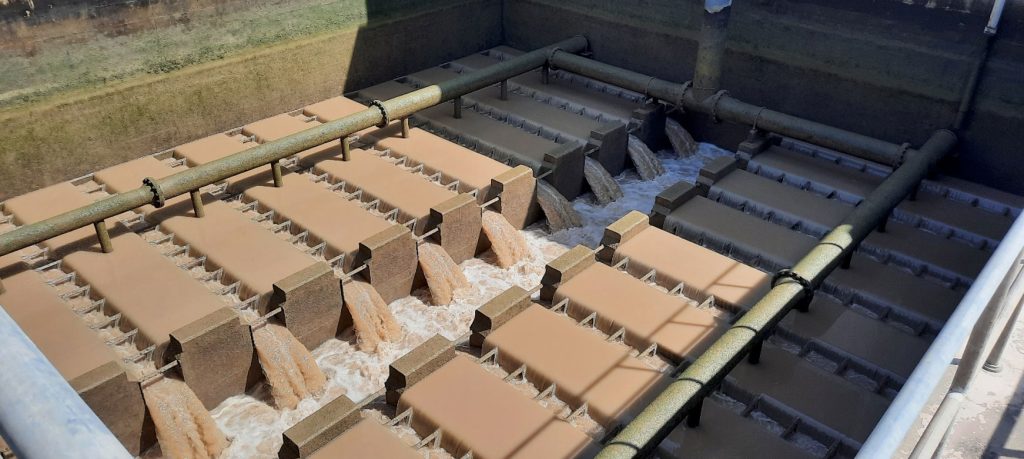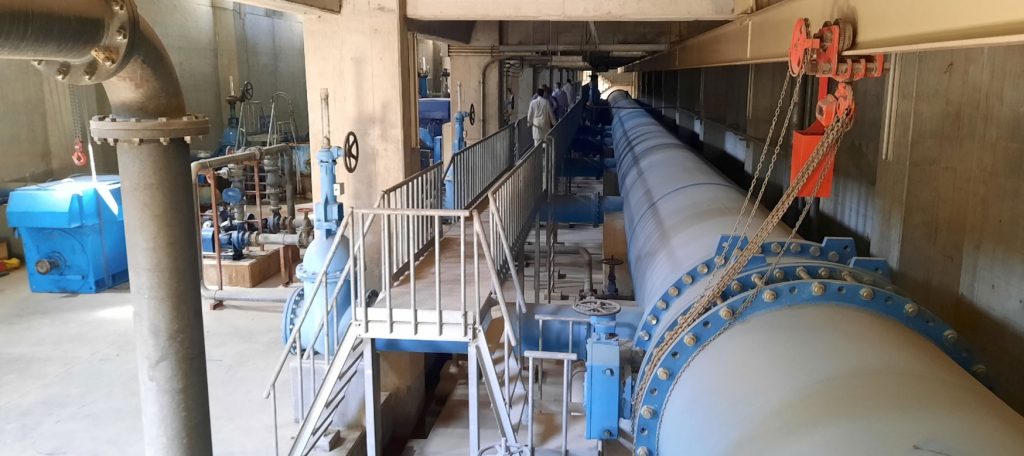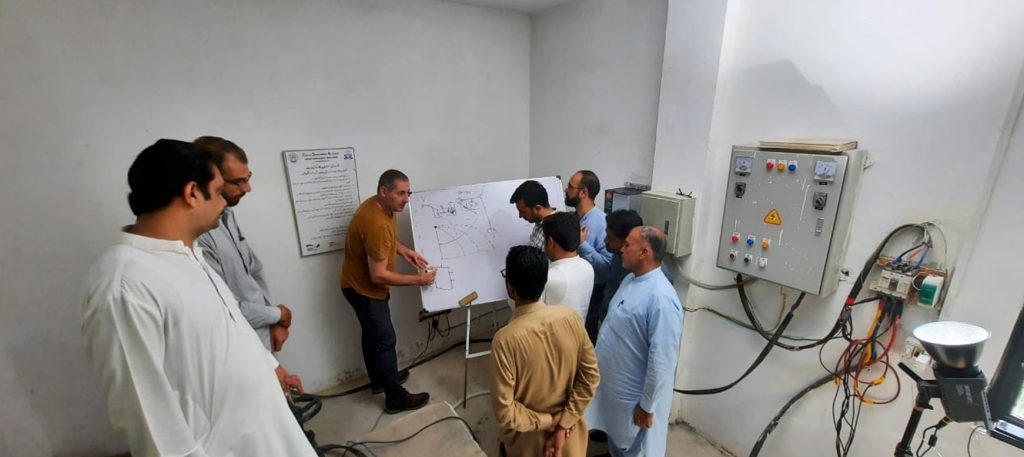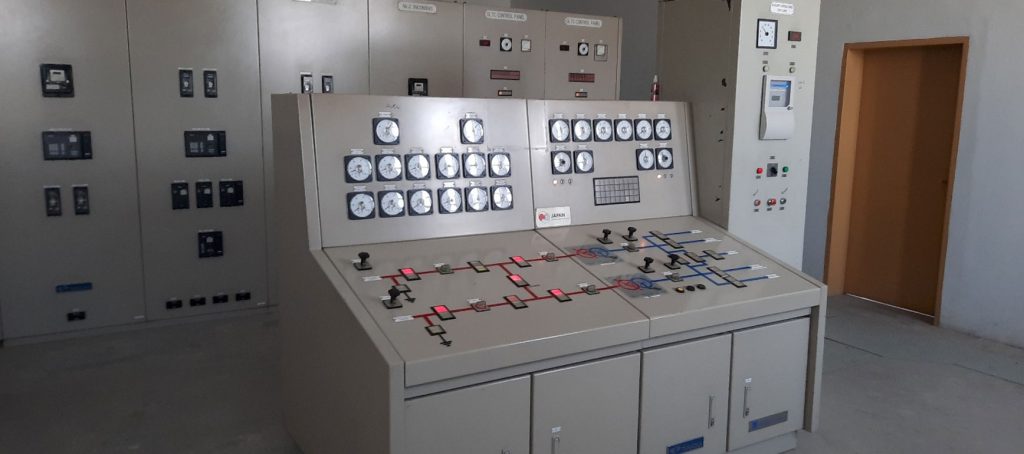Energy Efficiency Success Story of a Municipality in Pakistan


Energy Management Systems (EnMS) is a new subject for Pakistani municipalities. On behalf of the German Federal Ministry for Economic Cooperation and Development (BMZ), GIZ Pakistan is assisting 8 proactive and dedicated municipal partners in taking their initial steps toward improving their energy efficiency.
One such partner is the Water Management Wing of the Capital Development Authority (CDA) in Islamabad. The CDA is actively embracing EnMS with the strong dedication of the senior management. Following the systematic EnMS approach, the CDA is enhancing its operational procedures by formulating an Energy Team, developing and approving its Energy Policy, and defining Energy Baselines, thereby increasing energy efficiency and significantly reducing energy costs. With technical support, CDA has also initiated using digital technologies to monitor, record, control and analyse their energy data.
Intensive training(s) is provided to CDA’s energy team, composed of representatives of the Water Supply, Fresh Water Treatment and Sewerage Water Treatment directorates. These representatives are responsible for the planning, operations and maintenance of the water and sanitation services in Pakistan’s capital city, Islamabad. An Energy baseline was also established to gain a comprehensive understanding of the energy consumption of their energy-intensive services. An Objectives, Energy Targets and Action Plan (OTP) was also developed, which highlights short, medium and long-term interventions.
There were three major domains in which the CDA is improving. These include:
- Behavioural Change and Awareness Raising
After helping the CDA formulate an energy team, their major challenge included raising awareness of the operational staff at all levels. This included enhancing communication and planning capabilities. The training provided helped the energy team establish EnMS procedures, which included the development of an equipment inventory, preventive and predictive maintenance procedures, equipment load management and operational efficiency. Posters and flyers were also disseminated across their facilities, which included the best practices and operational procedures to help them streamline their tasks and responsibilities in line with the EnMS concepts.
- Introduction of Digital Technologies to Monitor, Control, Record and Analyse Energy Data
Six pilot energy monitoring and control systems were installed at multiple locations after a pre-feasibility assessment. These helped the operational staff in reducing leakages, identifying old and redundant water piping, and better time management of the tube wells. One such success was reducing the operational time of 20 tube wells from 22 hours per day to 14 hours per day, thereby increasing their water delivery and reducing their energy costs.
- Energy Efficiency Measures and Savings
In their Sangjani Water Treatment Plant, the CDA replaced their street lighting fixtures along with overhauling of their 970KW Motor. CDA managed to replace 36 of their old and inefficient equipment with new energy-efficient motors. They also managed to install a comprehensive Supervisory Control and Data Acquisition System (SCADA) on 45 tube wells across multiple water treatment plants. With the installation of the Variable Frequency Drives on 5 tube wells, their overall motor load management was optimised, thereby improving the working life of the equipment and the water pressure by 18.5%. Other measures taken also include the installation of Ultrasonic flow meters, electrical protection equipment including surge protection and replacement of old valves along with their actuators (sensing equipment).
Success Stories
In the case of the CDA’s Poona Faqeeran Water Reservoir, significant improvements were made. Approximately 40% of the piping was replaced, resulting in enhanced water pressure delivery. This, in turn, led to a reduction in the operating hours of 20 tube wells. The outcome was a substantial saving of 34,000 kilowatt hours (kWh) of electricity per month and an impressive overall reduction in electricity consumption by 19% each month. Additionally, these changes had a positive environmental impact, resulting in a monthly reduction of 24 tons of CO2 emissions.
Similarly, at the CDA’s Sector G-10 Water Reservoir, the energy team successfully addressed water leakages by replacing outdated and redundant pipelines. Initially, there were five 1500 horsepower (HP) pumps operating for 8 hours a day. However, this was optimised to operate for just 4 hours a day. As a result, the power savings amounted to a significant 53,000 kWh per month, along with a substantial 40% reduction in monthly electricity consumption. This, in turn, resulted in an environmental benefit with a monthly reduction of 37 tons of CO2 emissions.
To put these improvements in context, the average electricity consumption during the months of July to September 2022 was recorded at 179,173 kWh per month. Following the implementation of reduced operating hours and efficiency enhancements, the electricity consumption for the months of October to December 2022 was measured at 146,036 kWh per month. This represented a notable 18.5% reduction compared to the previous months, indicating a successful and environmentally friendly initiative.


Link to Further Materials
- https://www.giz.de/en/downloads/giz2022-en-promotion-renewable-energy.pdf
- https://www.giz.de/en/worldwide/97302.html
Contact Person
Muhammad Omar Qasmi
Key Buzzwords
Energy Efficiency, Municipal Energy Management System, CO2 Reduction, Energy Savings, Water and Sanitation Sub-Sector, Success Stories, Low/ no-cost energy efficiency implementation measures, Capital Development Authority (CDA), National Energy Efficiency and Conservation Authority (NEECA)
